Ashley B.
Content Writer (Hi! I’m Ashley, a Linux Administrator with a passion for making Linux simpler and more accessible for beginners. Since 2021, I’ve been writing friendly, practical guides at OperaVPS to help users install software, use the command line, and get comfortable with their VPS. Linux doesn’t have to be intimidating. and I’m here to show that anyone can learn it with the right support and a little curiosity.
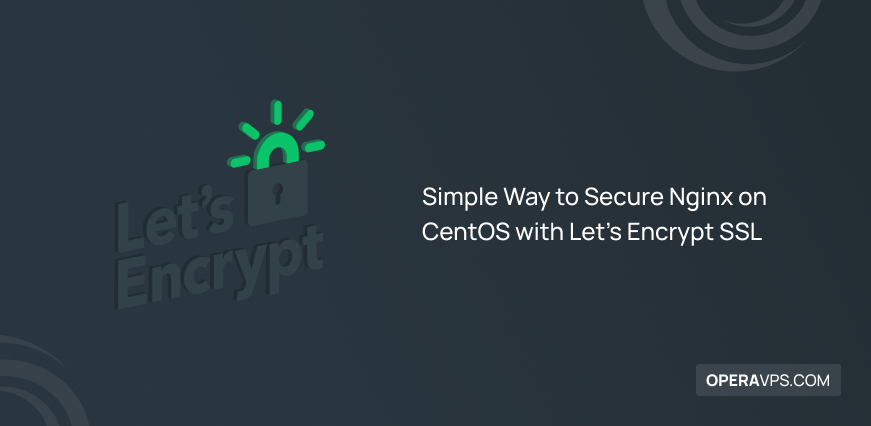
Secure Nginx on CentOS with Let’s Encrypt SSL
Secure Nginx on CentOS by installing Nginx, enabling HTTPS with Let’s Encrypt SSL certificates, and setting up automatic renewal for continuous security. This quick guide ensures encrypted, safe connections for your web server.

Rename a Directory in Linux with Simple Methods
Rename a Directory in Linux means changing the folder’s name to organize or fix it. You can rename a directory using commands like mv or rename in the terminal, or through a graphical file manager for an easier approach. 🤖AI Overview: Rename a Directory in Linux involves changing the name of an existing directory using […]
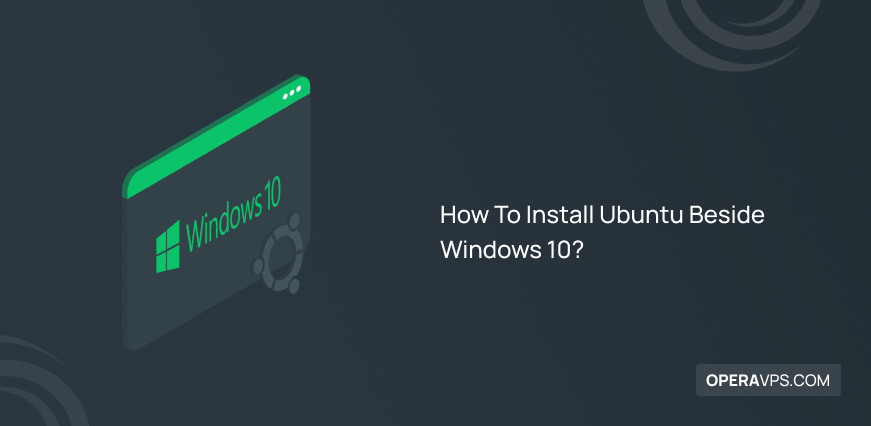
Install Ubuntu Beside Windows 10 Easily
Install Ubuntu beside Windows 10 by creating free disk space and setting up a dual boot. Use a bootable USB, manually partition during installation, and keep both OSs safe. Note: Before doing anything, be sure to back up your system data so that for any reason, if you make a mistake while working, the data will […]
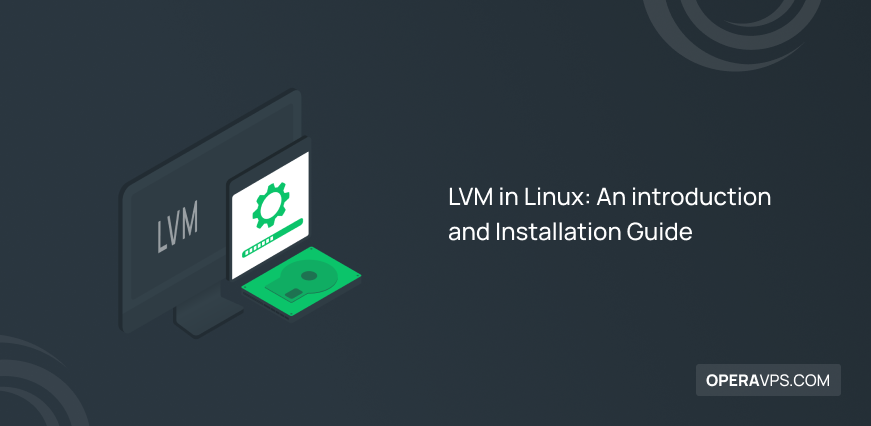
LVM in Linux Guide to Installation and Basics
LVM in Linux allows flexible storage management by creating and resizing logical volumes across physical disks. It optimizes disk usage and simplifies volume control. 🤖AI Overview: LVM in Linux, or Logical Volume Manager, provides advanced storage abstraction by grouping physical disks into logical volumes. It supports resizing, snapshots, mirroring, and striping to enhance disk management […]

KDE Vs. GNOME Desktop Environments Comparison
KDE vs. GNOME are leading Linux desktop environments with distinct styles. KDE offers extensive customization and efficient performance, while GNOME focuses on simplicity and ease of use for a clean experience. 🤖AI Overview: KDE Vs. GNOME compare two major Linux desktop environments influencing user interaction. KDE delivers high customization, resource efficiency, and a Windows-like interface […]

AlmaLinux Overview and Key Features
AlmaLinux is a free, stable, and community-driven Linux distribution fully compatible with Red Hat Enterprise Linux. It serves as a reliable CentOS alternative for servers and enterprise use without subscription costs. 🤖AI Overview: AlmaLinux is an enterprise-grade Linux operating system launched in 2021 as a community-driven alternative to CentOS. Fully compatible with Red Hat Enterprise […]
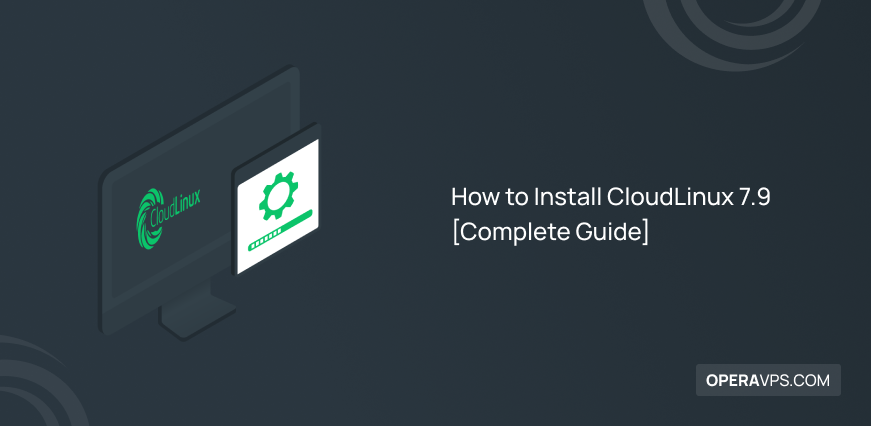
Install CloudLinux Easily on Your Server [Complete Guide]
Install CloudLinux by preparing a clean Linux system, then download and run the DirectAdmin installation script to complete setup. This ensures efficient web hosting management on your CloudLinux server. 🤖AI Overview: Install CloudLinux with DirectAdmin to manage web hosting easily on a Linux-based server. This setup supports multiple user accounts and offers a lightweight, accessible […]
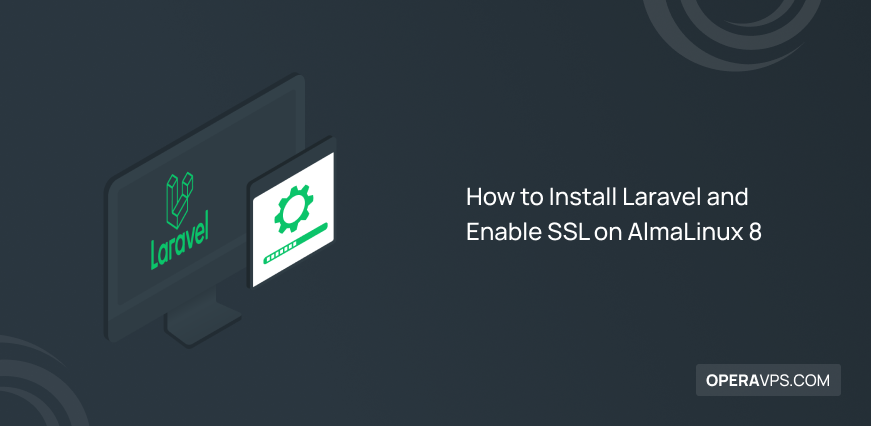
Install Laravel on AlmaLinux 8 with SSL Setup
Install Laravel on AlmaLinux 8 by setting up PHP, Composer, and Nginx. Secure your site with SSL using Certbot for encrypted connections. 🤖AI Overview: Installing Laravel on AlmaLinux 8 involves configuring PHP 8.1 or higher, installing Composer, and setting up the Laravel framework via Composer commands. This guide also covers Nginx configuration and enabling SSL […]
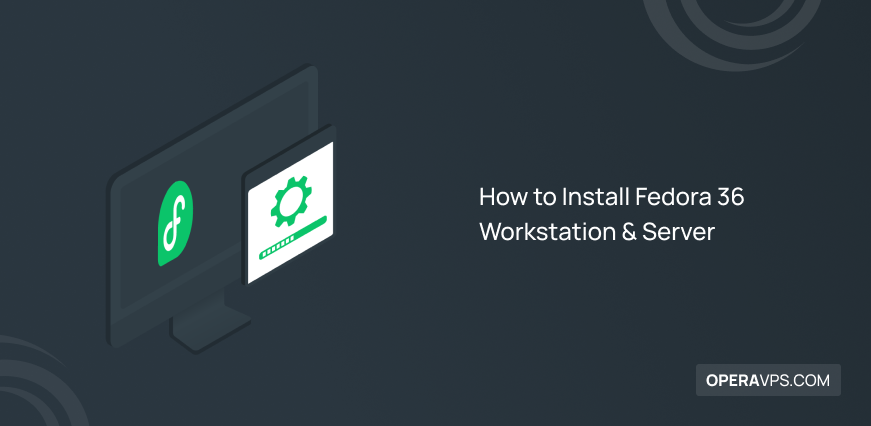
Install Fedora 36 Workstation and Server Easily
Install Fedora 36 by downloading the ISO from the Fedora website, creating a bootable USB, and following the on-screen installation instructions. Choose between Workstation or Server versions to suit your needs. 🤖AI Overview: This guide details how to install Fedora 36 for both workstation and server setups. It covers downloading the official ISO, creating bootable […]

Install and Use Vim on Linux Easily
Install and use Vim on Linux to efficiently edit text files through a powerful terminal-based editor. Use simple commands to install, open, edit, save, and exit files in Vim. 🤖AI Overview: Installing and using Vim on Linux involves setting up a versatile command-line editor favored for programming and text editing. Vim supports various modes for […]

What is Kubuntu Linux Operating System?
What is Kubuntu? Kubuntu is a free and open-source Linux operating system based on Ubuntu but uses the KDE Plasma desktop environment for a simple, fast, and customizable user interface. It is compatible with Ubuntu software and updates, offering a user-friendly alternative with strong community support. 🤖AI Overview: Kubuntu is a Linux distribution based on […]

Install and Setup VNC on Linux Easily
Install and Setup VNC on Linux involves installing a VNC server like TightVNC, setting a user password, and configuring the VNC service to start with a desktop environment. This allows remote access to the Linux graphical desktop securely over a network using a VNC client. 🤖AI Overview: Install and Setup VNC on Linux involves installing […]
